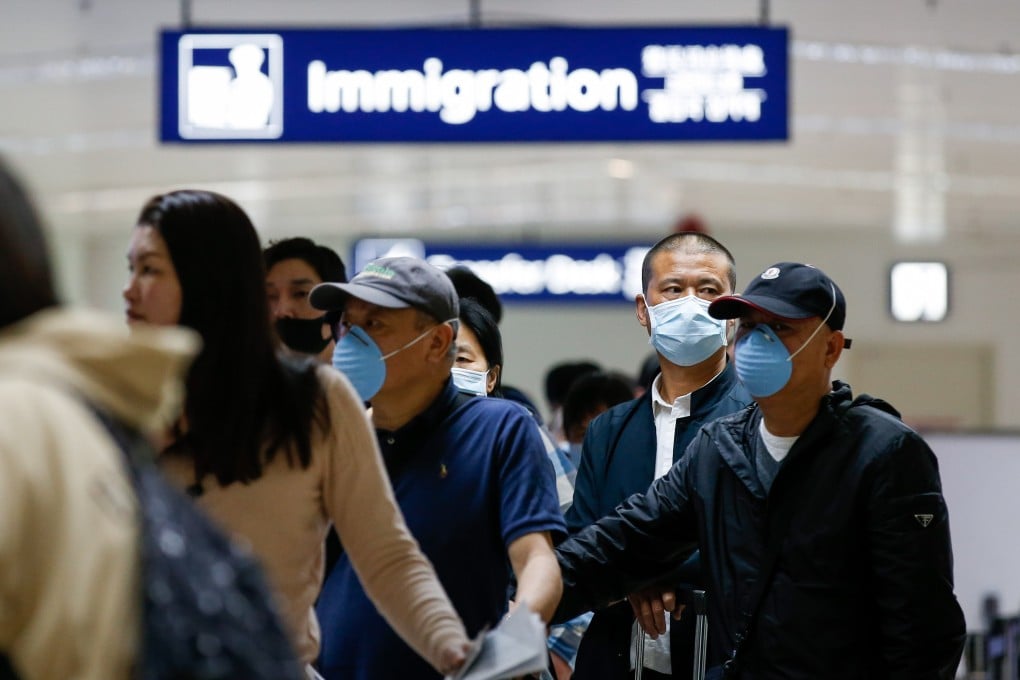Philippine visa scheme sparks fears of Chinese students acting as ‘agents of state’
- A report showing that 16,200 Chinese nationals who entered the Philippines as tourists and later received student visas in 2023 has alarmed analysts
- The findings have prompted calls for Philippine security and intelligence agencies to examine the background of these students

Analysts say the number of student visas granted to Chinese nationals is a source of concern as some of them could be acting as “agents of the state” against the interests of the Philippines.
Robert Ace Barbers, the representative of Surigao del Norte’s 2nd District, was alarmed by the report’s findings, given the simmering tensions in the South China Sea.
“Of course, we want tourists to come … we want them to invest here and we also want them to study here. But now that there seems to be a problem that we’re involved in as far as the West Philippine Sea is concerned. I think the number of Chinese students is quite alarming,” Barbers said in a television interview on Tuesday.
Barbers was referring to Manila’s term for the section of the South China Sea that defined its maritime territory and included its exclusive economic zone.